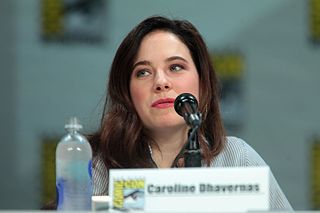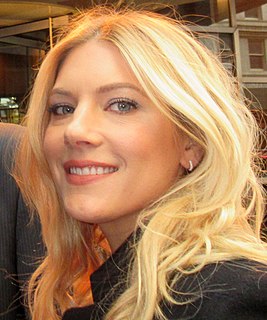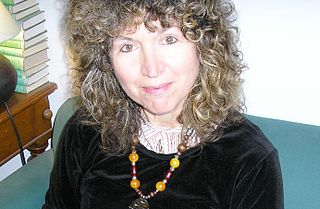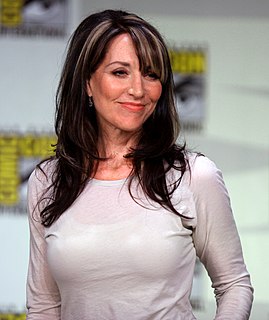A Quote by Laurence Fishburne
When you're on screen with Mads, there's some real fireworks because your character is his intellectual equal. In a way, maybe your character has an instinct as to who this man really is.
Related Quotes
It really depends on what the screenplay is asking of you, and what your responsibility is to that character. You have the author's intent to deal with, you have the filmmaker's vision, and then you have your own wants, desires and needs for the character. It's collaborative. But I knew, right off the bat, that there was no way to go into some sort of pink-haired, clown-nosed character with Ronald McDonald shoes.
I try to do as much as possible for every character. Some of them, it is easier to do the research because you have either real examples that you work with, maybe some specific person that inspires you in that case, or the performances from other people, or the characters, or a character from a book.
It's always the last one because it's so present in your body. I liked Scream of the Banshee because it was a real challenge. I thought, "How am I going to pull off this character?" But, I also thought, "Oh, man, I'm going to go for it." He's got all the defects of character that an actor loves to play. So, I had a really great time.
When you are writing, you have to love all your characters. If you're writing something from a minor character's point of view, you really need to stop and say the purpose of this character isn't to be somebody's sidekick or to come in and put the horse in the stable. The purpose of this character is you're getting a little window into that character's life and that character's day. You have to write them as if they're not a minor character, because they do have their own things going on.
There are more similarities than differences when it comes to preparation of a performance. You're using some lyrics, you have a relationship with them, they apply to different parts of your life and different circumstances, different memories, different stories you have in your head. You form personal relationships with the song. I think that's very similar, in a way, to prepping a character. You pour your own personality, in a sense, into the character, you sympathize with a character in a way that's similar to the way you might sympathize with a song.
Pride is the recognition of the fact that you are your own highest value and, like all of man's values, it has to be earned-that of any achievements open to you, the one that makes all others possible is the creation of your own character-that your character, your actions, your desires, your emotions are the products of the premises held by your mind.
I think that the way that I write stories is by instinct. You have some basic ideas - a character, or an image, or a situation that sounds compelling - and then you just feel your way around until you find the edges of your story. It's like going into a dark room... you stumble around until you find the walls and then inch your way to the light switch.
I always had a struggle, which I still do, when you're playing a character and it's not necessarily your morals or your values. You're playing a character, but the way the media will sometimes ask you if these are your opinions, you know - they make you responsible for that, and I take issue with it because I don't believe in censorship.



































